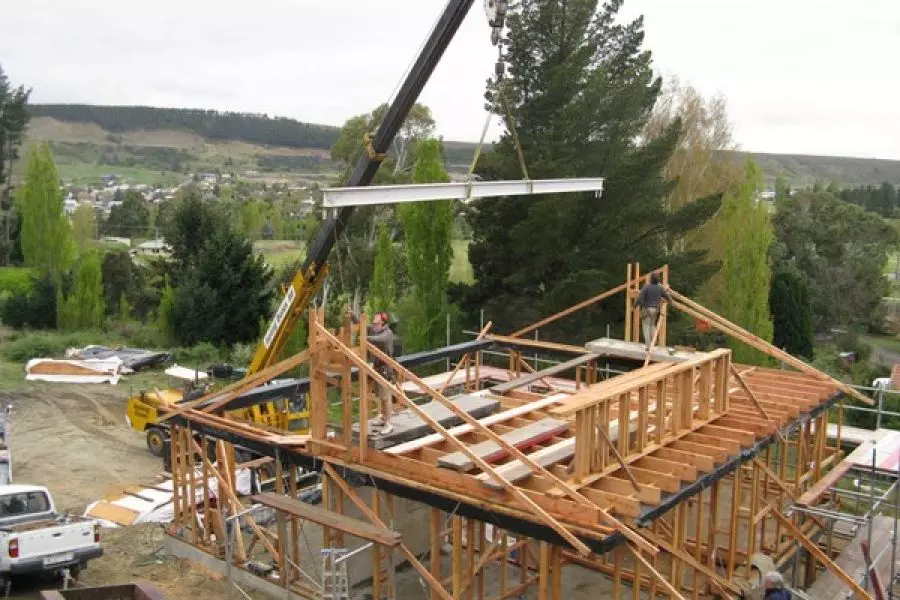News
Supply answer to affordability problem

Monday 22nd of January 2018
The latest annual Demographia's International Housing and Affordability Survey has found that Tauranga house prices are now 8.9 times the median income - making it "severely unaffordable".
This beats out Auckland where the median cost of a house is 8.8 times the median income, which is also "severely unaffordable".
Housing is considered affordable w...
Want to read the full article?
Click the button below to subscribe and will have unlimited access to full article and all other articles on the site.






![[The Wrap] Bye Bye Bayly](https://goodreturns.publit.io/file/c_fill,w_900,h_600/39f23ac1-f7c7-4854-b700-a150004ebbac.webp)


